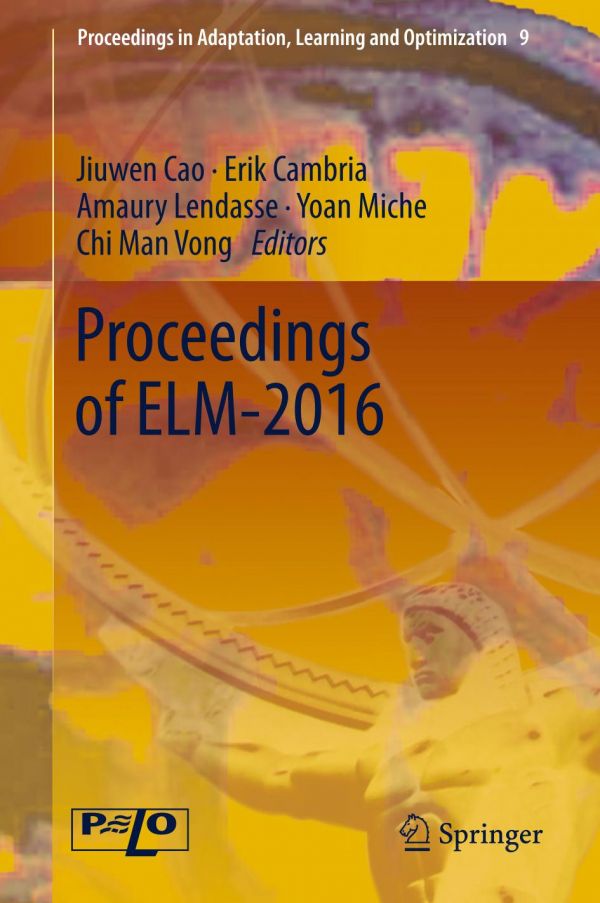

Most ebook files are in PDF format, so you can easily read them using various software such as Foxit Reader or directly on the Google Chrome browser.
Some ebook files are released by publishers in other formats such as .awz, .mobi, .epub, .fb2, etc. You may need to install specific software to read these formats on mobile/PC, such as Calibre.
Please read the tutorial at this link: https://ebookbell.com/faq
We offer FREE conversion to the popular formats you request; however, this may take some time. Therefore, right after payment, please email us, and we will try to provide the service as quickly as possible.
For some exceptional file formats or broken links (if any), please refrain from opening any disputes. Instead, email us first, and we will try to assist within a maximum of 6 hours.
EbookBell Team

4.7
66 reviewsThis book contains some selected papers from the International Conference on Extreme Learning Machine 2016, which was held in Singapore, December 13-15, 2016. This conference will provide a forum for academics, researchers and engineers to share and exchange R&D experience on both theoretical studies and practical applications of the ELM technique and brain learning. Extreme Learning Machines (ELM) aims to break the barriers between the conventional artificial learning techniques and biological learning mechanism. ELM represents a suite of (machine or possibly biological) learning techniques in which hidden neurons need not be tuned. ELM learning theories show that very effective learning algorithms can be derived based on randomly generated hidden neurons (with almost any nonlinear piecewise activation functions), independent of training data and application environments. Increasingly, evidence from neuroscience suggests that similar principles apply in biological learning systems. ELM theories and algorithms argue that “random hidden neurons” capture an essential aspect of biological learning mechanisms as well as the intuitive sense that the efficiency of biological learning need not rely on computing power of neurons. ELM theories thus hint at possible reasons why the brain is more intelligent and effective than current computers. ELM offers significant advantages over conventional neural network learning algorithms such as fast learning speed, ease of implementation, and minimal need for human intervention. ELM also shows potential as a viable alternative technique for large‐scale computing and artificial intelligence.
This book covers theories, algorithms ad applications of ELM. It gives readers a glance of the most recent advances of ELM.